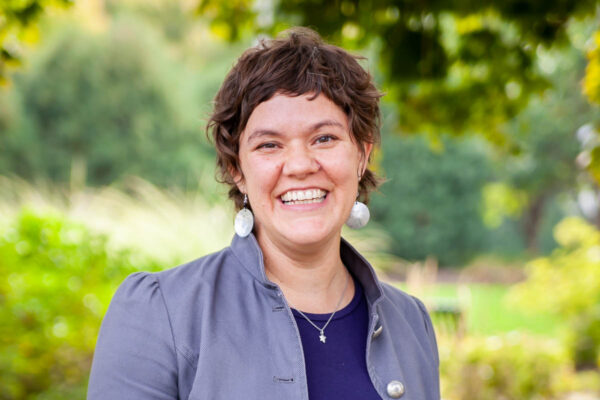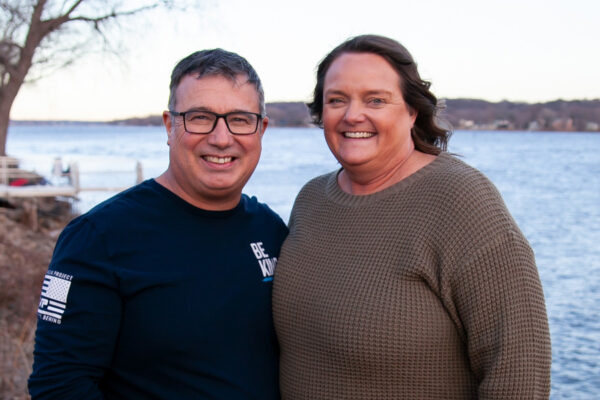A transforming American religious landscape
Consider three major transformations in the nation’s religious landscape – increased religious diversity, the growth of the religiously unaffiliated, and changes within the main Christian traditions – with Peter Kivisto, Augustana College professor, on Sunday, Nov. 15, 10:45-11:30 a.m., Chapel.
Peter, who is Augustana’s Richard A. Swanson Professor of Social Thought, began his education at the University of Michigan. He completed a master’s of divinity at Yale University. He also earned a master’s degree and Ph.D. in sociology from the New School for Social Research.
In their 2014 Religious Landscape Study, the Pew Research Center found that more people now are declaring themselves as either atheist or agnostic. This change is not only happening in one demographic, but across gender, ethnicity, race, and age.
About 23 percent of the population now says they identify as atheist, agnostic, or unattached to religion.
Change has been at the core of Peter’s work since the beginning of his career in sociology.
“Living through and being a part of the tumultuous decade of the 1960s on a campus engulfed by the anti-Vietnam War movement, the civil rights movement, and the counterculture, I was caught up in a period of dramatic social change,” he said in a profile published by Augustana College.
“I marched in Washington to protest the war, took part in teach-ins and antiwar protests in Ann Arbor, got involved in antipoverty organizing, tutored inner-city youth, worked for migrant farm workers in the California grape boycott campaign, and in a variety of other ways sought to promote social change.”
He also came “to appreciate the remarkable range of topics that preoccupy sociologists from issues involving the most intimate levels of social life, such as those dealing with family and friendship relations, to those concerned with the broadest sorts of social processes, such as deindustrialization, the rise of religious fundamentalism, technological change, ethnic strife, and the globalization of popular culture,” he said.
He learned that sociology “reveals not only how societies change, but also how they manage to persist over time.”
“I learned that it casts light on not only the ways societies constrain people, but also the ways that they enable or make possible various kinds of activities,” he said.




